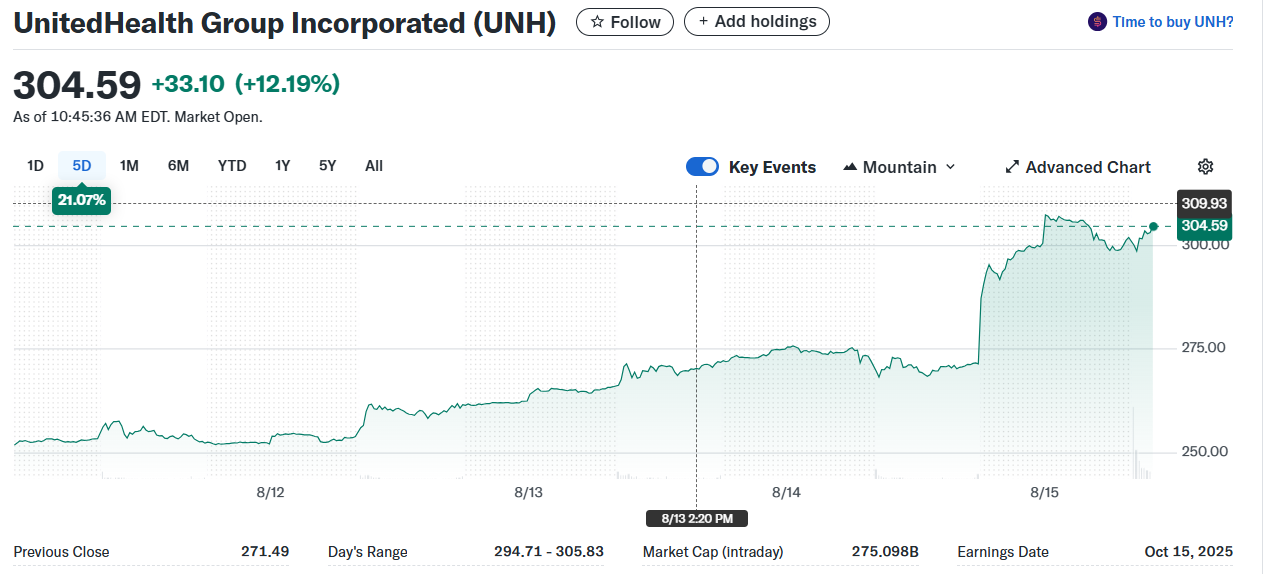17.06.2025 06:51
An Israeli airstrike in Tehran on June 17th eliminated Ali Shadmani, the Chief of Staff of Iran's Armed Forces, as confirmed by the Israel Defense Forces (IDF). This targeted killing represents a significant escalation in the ongoing conflict between Israel and Iran.
The IDF statement described the operation as a crucial blow to Iran's military command structure, aligning with a broader strategy of disrupting Iranian military operations and leadership. This assassination follows a series of similar strikes aimed at dismantling the upper echelons of the Iranian military, intensifying regional tensions. Israeli officials portrayed the action as part of a larger effort to impede Iran's capacity to launch coordinated attacks across the region.
The precision strike, a rare occurrence within the heart of Tehran, highlights Israel's capabilities and its assertive approach to countering perceived Iranian threats. The targeted elimination of Shadmani, a key figure in Iran's military hierarchy, undoubtedly signifies a major shift in the regional power dynamics.
Interestingly, despite the heightened geopolitical tension and the significance of this event, no discernible impact on cryptocurrency markets has been observed. While historically, such targeted killings have sometimes caused temporary market volatility, current analyses suggest that Bitcoin and other cryptocurrencies remain largely unaffected. This stability might indicate a growing decoupling of cryptocurrency markets from traditional geopolitical events.
In conclusion, the assassination of Ali Shadmani by Israel marks a pivotal moment in the ongoing Israel-Iran conflict, demonstrating a bold military strategy while, unexpectedly, leaving the cryptocurrency market seemingly unmoved. Further analysis is required to fully understand the long-term consequences of this event on both regional stability and global financial markets.









